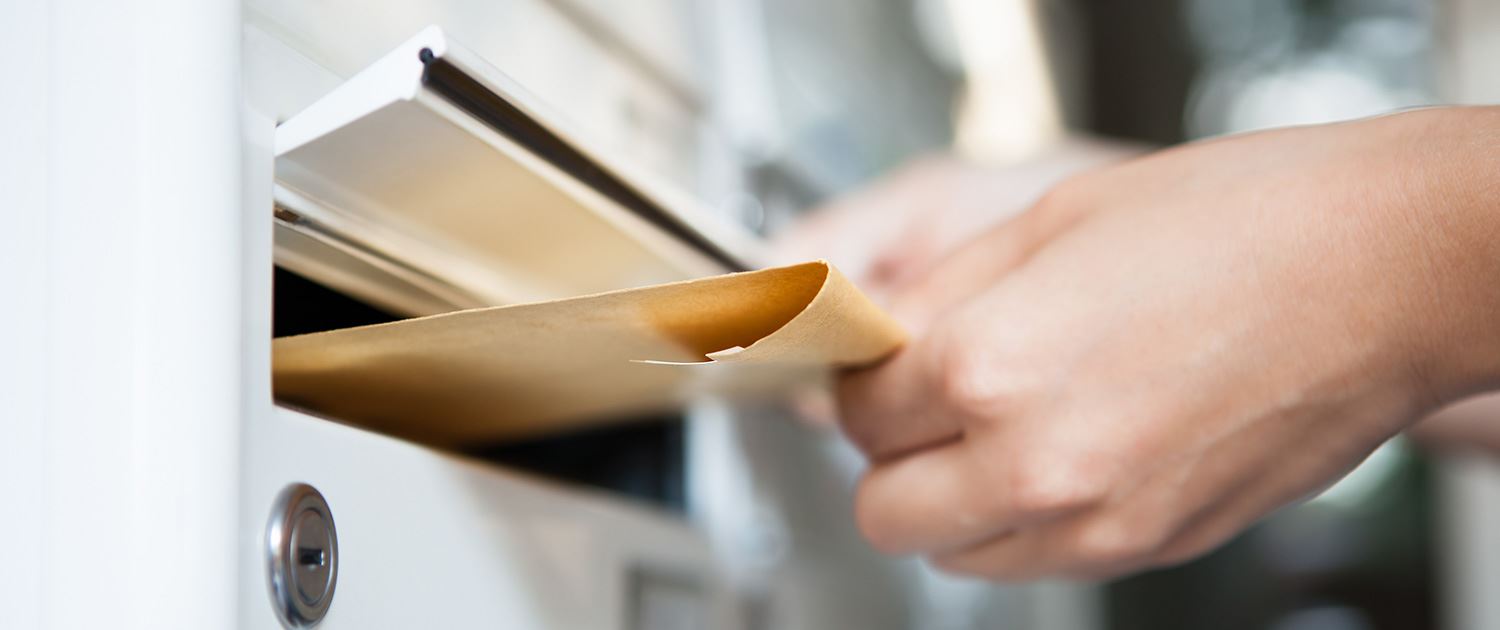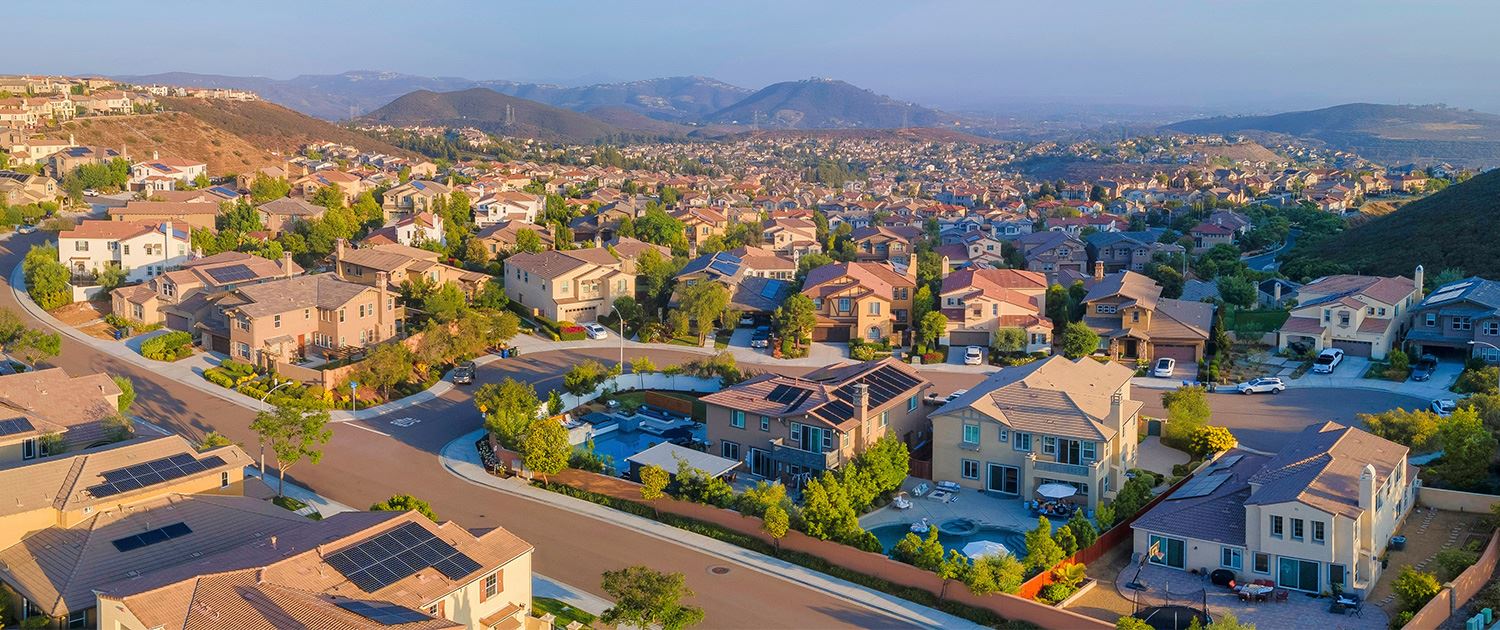
_______HOMEOWNERS ASSOCIATION
ALTERNATIVE DISPUTE RESOLUTION DISCLOSURE
California Civil Code Section 1369.520 requires Alternative Dispute Resolution (ADR) as opposed to litigation in certain Association/Homeowner disputes and further requires that homeowners be notified of the ADR requirements on a yearly basis.
PARTIES BOUND BY THE STATUTE
The parties required to comply with the statute are the Association (through the Board of Directors) and any owner of record.
DISPUTES SUBJECT TO THE STATUTE/QUALIFYING DISPUTES
Section 1369.520 provides that the Association and Owners shall endeavor to submit disputes related to the enforcement of the governing documents to ADR. Where, however, an Owner has a private dispute with another owner or a tenant, or the Board has a dispute with a third party such as a service provider to the HOA, such a dispute is not within the scope of the statute.
DISPUTES EXCLUDED FROM THE STATUTE
Sections 1369.520 and 1369.510 specifically exclude the following disputes from ADR:
1. Assessment collection, except as provided for Civil Code Section 1366.3;
2. Claims for money damages in excess of Five thousand Dollars ($5,000.00) in conjunction with a claim for declaratory or injunctive relief;
3. Actions where the applicable statute of limitations would expire within 120 days;
4. Actions for preliminary or temporary injunctive relief; and
5. The filing of a Cross-Complaint in response to a Complaint already filed.
COMPLIANCE PROCEDURES
INITIATING PARTY
The party pursuing the dispute, prior to filing any lawsuit, must serve on the other party a request for resolution including the following information and language:
1. A brief description of the dispute between the parties;
2. A request that the matter be submitted to ADR;
3. A statement that the party receiving the request for resolution (Responding Party is required to respond thereto within thirty (30) days of receipt or it will be Deemed Rejected.
4. A copy of Sections 1369.510 - 1369.590 of the Civil Code, if the responding party is the owner of a separate interest.
Service of the request for resolution shall be by personal delivery, first-class mail, express mail, facsimile transmission, or other means reasonably calculated to provide the party on whom the request is served actual notice of the request.
RESPONDING PARTY
Upon receipt of a request for resolution the responding party, whether the Association or Owner, has thirty (30) days in which to either accept or reject the request. In the event no such response is received, the request is deemed rejected.
GENERAL PROCEDURE
Where the request is accepted, the parties must complete the ADR within ninety (90) days of receipt of the acceptance. However, the parties can stipulate in writing to extend this period.
In the event that a lawsuit is eventually commenced, the party filing must also file a certificate concerning the completion of the ADR. Where a lawsuit is commenced and ADR has not occurred, the filing party should file a certificate as to why ADR did not take place.
See LRHE HOA 'Internal Dispute Resolution Procedures' for how to initiate or respond to an Association/Homeowner dispute.
CONSEQUENCES FOR FAILURE TO COMPLY
In the event the initiating party proceeds to Court without complying with the provisions of this Section, the responding party can move the Court for an order of dismissal. As a result, it is important to seek independent counsel if you have further questions.
In the event a trial proceeds as a result of a responding party's refusal to participate in ADR, the Court may take such failure into consideration when ruling on payment of attorney's fees and costs.
Failure of a member of the association to comply with the alternative dispute resolution requirements of Section 1369.520 of the Civil Code may result in the loss of your right to sue the Association or another member of the association regarding enforcement of the governing documents or the applicable law.
The preceding disclosure is provided by the Association as mandated by and in compliance with CA Civil Code Section 1369.590. Homeowners are encouraged to review the statute in its entirety or seek independent legal counsel in the event a dispute arises.
Board of Directors
Homeowners Association
Fiscal Year 2013
-
 California Association of Homeowners Associations
California Association of Homeowners AssociationsDedicated to: "Strength in unity and the value and enjoyment of property". Click here to get in touch with our experienced HOA consultants!
-
 Membership Program
Membership ProgramElevate your HOA experience with our exclusive membership services. Unlock access to legal expertise, resources, and guidance tailored to your association's needs. Join now to safeguard your community's interests.
-
 Election Services
Election ServicesEnsure fair and lawful elections for your HOA board. Explore our specialized election services designed to streamline the process and uphold the integrity of your community's leadership. Secure your next election with our expertise.
-
 Newsletter
NewsletterStay informed and empowered! Subscribe to our HOA legal newsletters for the latest updates, case studies, and insights. Knowledge is key - sign up now to receive valuable information directly to your inbox.



